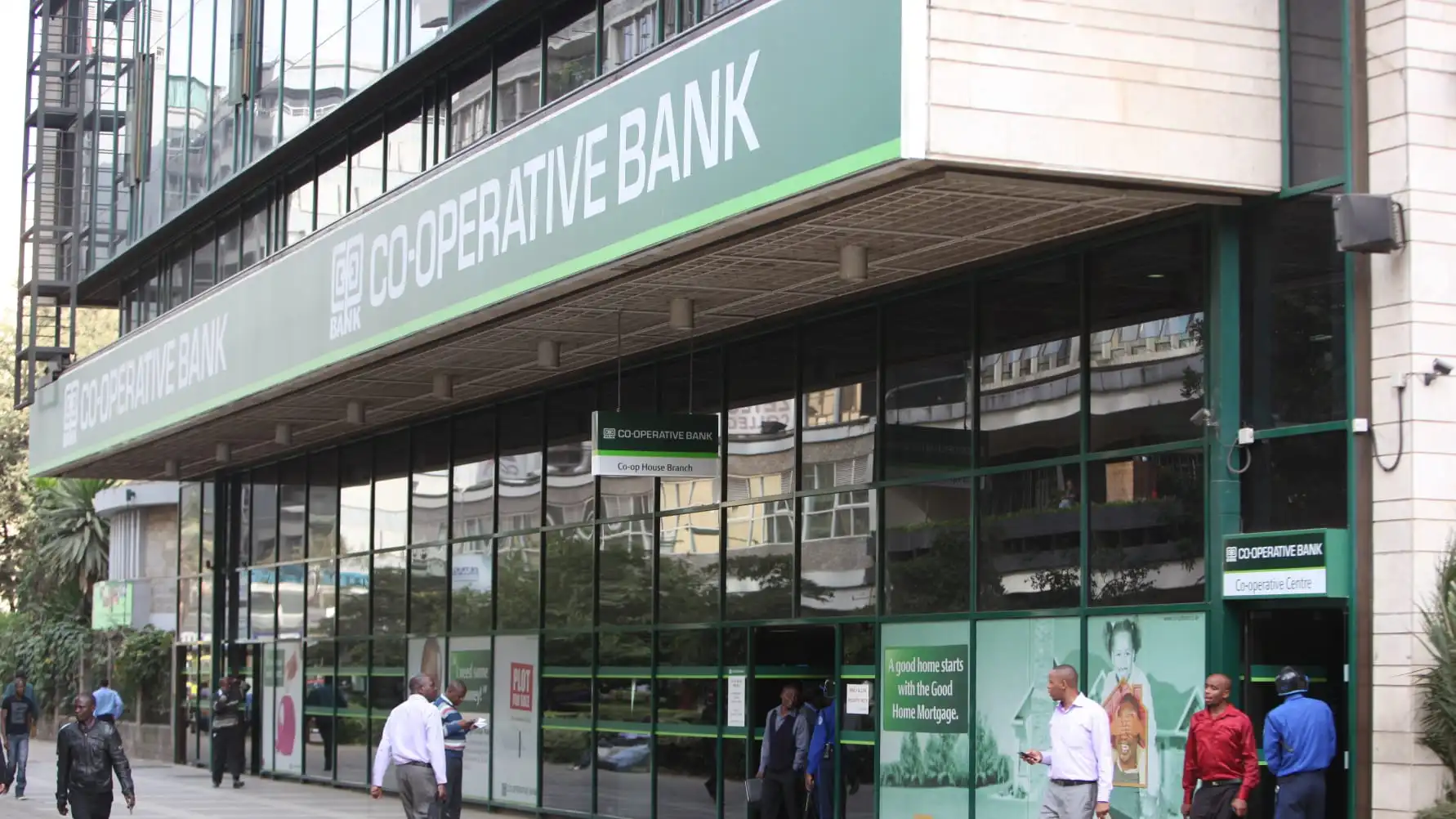Court of Appeal judges H.A. Omondi, J.M. Mativo, and Judge Ngenye Macharia dismissed the case on November 10, 2023. The ruling reads, “From the foregoing, we find that the learned judge exercised his discretion judiciously, and we have no reason to interfere with it. We hold and find that the award was not manifestly excessive or unfair given the circumstances of the case. In the result, we find that the appeal herein is devoid of merit, and we accordingly dismiss it with costs to the respondent”
By The Weekly Vision Team
The Co-operative Bank of Kenya suffered a big loss last week in the Court of Appeal to a former employee Kennedy Kimayio Kiplagat after the court ruled that the bank had unfairly dismissed him from employment. The bank had appealed against a ruling delivered on July 26, 2018 in which Kiplagat was awarded a one month’s pay in lieu of notice of Ksh.134, 339.00 and six months’ salary compensation for unlawful termination of employment all totalling Ksh.806, 034.00.
The bank appealed to the Nairobi Court of Appeal (Civil Appeal No. 243 of 2019), which Court of Appeal judges H.A. Omondi, J.M. Mativo, and Judge Ngenye Macharia dismissed on November 10, 2023. The ruling reads, “From the foregoing, we find that the learned judge exercised his discretion judiciously, and we have no reason to interfere with it. We hold and find that the award was not manifestly excessive or unfair given the circumstances of the case. In the result, we find that the appeal herein is devoid of merit, and we accordingly dismiss it with costs to the respondent”.
Mr Kiplagat was an employee of the bank from April 2nd, 2002, as a clerk on an 18-month contract; he was posted to the card centre. On February 17, 2003, his term of service was reviewed from 18 months to 6 months’ probationary period, and on March 1, 2003, his employment terms were changed to permanent and pensionable. Over the years, he was promoted and appointed to various key management and strategic committees, performing his functions with the utmost professionalism, expertise, diligence, and dedication. He was also feted through commendations and monetary awards in recognition of his performance.
But in May of 2014, he was suspended from duty without substantiation or being given details for the reason for the suspension. On May 29, 2014, he was asked to show cause why disciplinary action should not be taken against him due to negligent procurement that resulted in a loss of Ksh. 17,133,362.25 at its new Dagoretti branch with 10 queue stands when he was aware that the said stands were being held at their Kawangware branch.
He recorded a statement with the bank’s security office, giving details of his specific role in the procurement process of the impugned procurements, being that his role in the impugned procurements was limited to the coordination of the process and not to make decisions of binding nature as purported by the bank, and that it was the sole responsibility of the bank’s Expenditure Management Committee to review, verify, and ascertain that the procurements were in accordance with the bank’s procurement policies.
He explained that it was this committee that unconditionally approved the impugned procurements. On June 19, 2014, he was served with a further letter to show cause. He wrote back via a letter dated July 4, 2014, explaining that he was not negligent. On July 3, 2014, he was invited to a disciplinary committee meeting, before which he appeared on July 9, 2014. On July 14th, 2014, he was summarily dismissed.
On July 21, 2014, he appealed against his summary dismissal, but it was never responded to. In this regard, he felt that he was condemned unheard; and that his dismissal was malicious as the bank never declared the purported loss of Ksh. 17,133,326.25 or, at all, in any of its audited financial reports; and it was discriminatory as the appellant did not discipline all the other members of staff who were involved in the said procurement process.
The judges noted that “it is evident that the respondent did not work by himself. He apparently had a procurement manager who was the head of the unit and who worked under his instructions. There was also the Expenditure Management Committee, which, after deliberations, approved all procurements. There was also the Chief Manager, Procurement and Supplies, whose role was to review, ascertain, and verify the procurement”.





